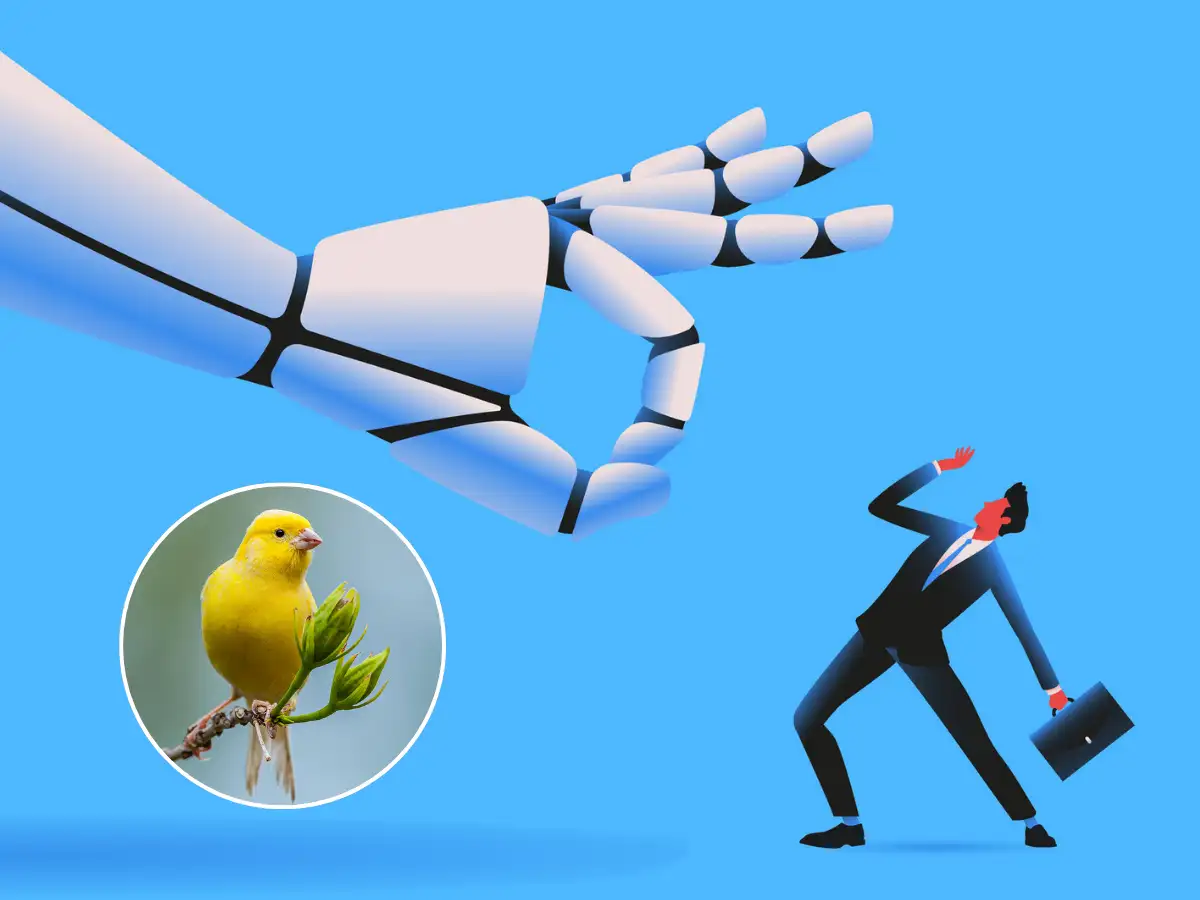AI's Shadow in the Labor Market
Artificial intelligence may not be replacing all workers overnight, but its impact is already visible. A new study from Stanford’s Digital Economy Lab, titled “Canaries in the Coal Mine? Early-Career Job Losses and AI Exposure”, analyzed millions of U.S. payroll records over three years. Researchers found a striking pattern: employment for 22 to 25-year-olds in AI-exposed jobs such as software engineering, customer service, and marketing has dropped significantly.
Older Workers Hold Steady
In contrast, older employees in the same roles have seen headcounts stabilize or even rise slightly. This divergence is specific to younger workers, suggesting that AI disruption is eroding traditional entry-level rungs that once provided pathways to long-term careers. Co-author Bharat Chandar explained, "For 22 to 25-year-olds, employment is falling in the most AI-exposed jobs and rising in the least exposed jobs."
A Shift Toward Safer Fields
The findings also reveal that early-career workers outside AI-heavy fields—such as nurses, industrial laborers, or retail supervisors—have seen growth in employment. This implies that fresh graduates may be steering away from office-based "laptop jobs" vulnerable to automation, instead finding stability in sectors less threatened by AI systems.
Why the Squeeze Is Happening
The reasons behind this trend are complex. Some firms use AI as justification for cost-cutting that might have occurred regardless, especially after the post-pandemic hiring surge. Others reflect a job market that was already tough for young entrants. Chandar noted, "Overall, the job market for entry-level workers has been stagnant since late 2022, while the market for experienced workers remains robust."
Wages Stay Flat Despite AI Gains
Perhaps most striking, the study observed that wages across age groups have remained stagnant since 2022. Whatever efficiencies AI may be creating, they are not translating into better pay for employees. Instead, the benefits appear concentrated at the top, raising questions about equity in the AI economy.
By likening young workers to "canaries in the coal mine," the researchers suggest these early disruptions are harbingers of broader structural shifts. If entry-level employment opportunities disappear, entire career ladders may collapse, reshaping the workforce for decades.






Comments
Join Our Community
Sign up to share your thoughts, engage with others, and become part of our growing community.
No comments yet
Be the first to share your thoughts and start the conversation!